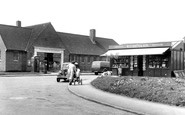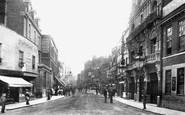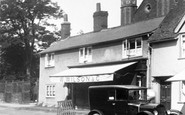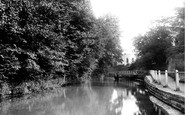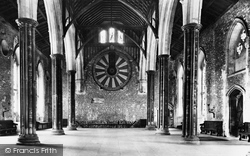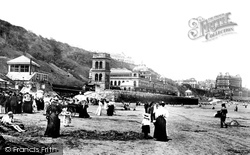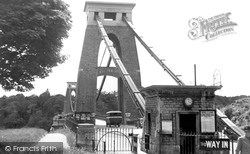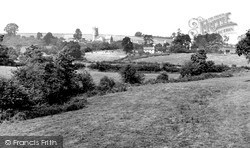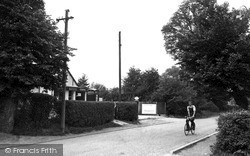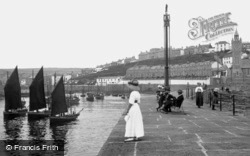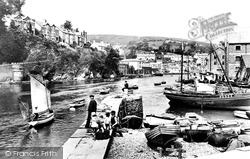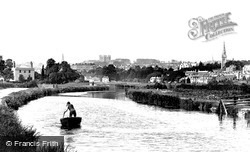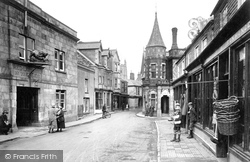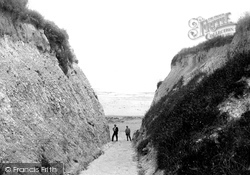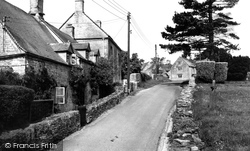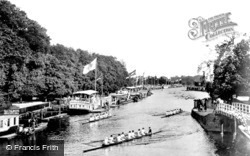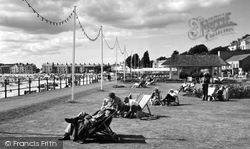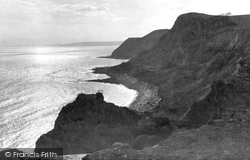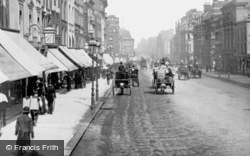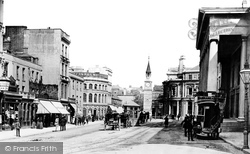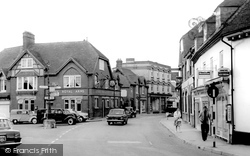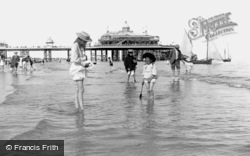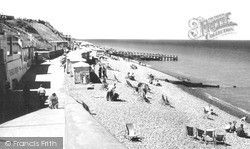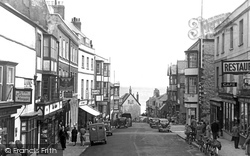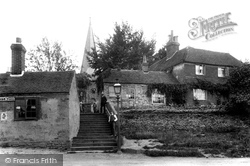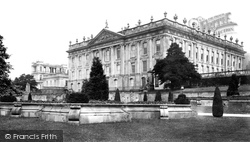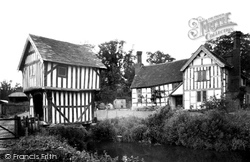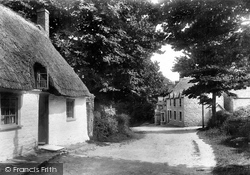Places
18 places found.
Those places high-lighted have photos. All locations may have maps, books and memories.
- Hythe, Kent
- Hythe, Hampshire
- Small Hythe, Kent
- Bablock Hythe, Oxfordshire
- Methwold Hythe, Norfolk
- Hythe, Somerset
- Hythe, Surrey
- Hythe End, Berkshire
- The Hythe, Essex
- Egham Hythe, Surrey
- West Hythe, Kent
- New Hythe, Kent
- Broad Street, Kent (near Hythe)
- Horn Street, Kent (near Hythe)
- Newbarn, Kent (near Hythe)
- Newington, Kent (near Hythe)
- Broad Street, Kent (near Hythe)
- Stone Hill, Kent (near Hythe)
Photos
360 photos found. Showing results 1,721 to 360.
Maps
101 maps found.
Books
10 books found. Showing results 2,065 to 10.
Memories
4,406 memories found. Showing results 861 to 870.
Ten Happy Years
I moved to Watchfield in 1940 and left in 1950. My dad, Mr Woolman, worked for the army and had his office in Homelees Farm in the camp. What a change has taken place at Watchfield. Gone are the places we could play in safety. ...Read more
A memory of Watchfield in 1940 by
Langstone Memories
I grew up in Langstone, living at 'Longleat' on Catsash Road from 1961-1973. I attended Langstone Primary School from 1964-1969 and then Caerleon Comprehensive from 1969-1973. 'Longleat' was one of the four ...Read more
A memory of Langstone in 1961 by
St Albans Road Infants School And York Road Primary School
I am wondering if anyone remembers a student of St Albans Road Infants School and subsequently York Road Primary School by the name of Patrick Mackay? He would have attended from 1959 ...Read more
A memory of Dartford in 1961 by
Tiffield Village School
I have many memories of the village school which I visited regularly during my childhood. I was named after Lynda Brown, a very close friend of my parents, who ran the school. She had been headteacher of the school for ...Read more
A memory of Tiffield in 1956 by
Childhood Memories.
My family and I, 5 sisters and a brother, lived in Nigel road just up from the Washwood Heath Road. I was born in the house in Nigel Road in 1948 so were my siblings. My memory is very vivid of my times there until I left ...Read more
A memory of Washwood Heath in 1963 by
The Baldock Methodist Church
The towers at the back of this picture are of the Baldock Methodist Church, by the 1960/70's the shop in front was a gentleman's outfitters. I and my sisters, were christened in the Methodist Church here, and my Mum ...Read more
A memory of Baldock by
To School At Highview
This view from Plough Lane bridge was a daily sight for me and my 2 brothers and sister as we walked or later cycled home to Beddington from Highview school. [Another of Friths postcard shots]. The primary school was beyond ...Read more
A memory of Beddington by
Wandle Wanderer
This photo is looking towards the 1890 view of the snuff mills and the end of Bridges Lane. The footpath on the right connected to Beddington Lane and was our route to the park as children. The wall on the right was pock marked with ...Read more
A memory of Beddington by
Longley Road, Tooting 1950
Hi. I lived in Longley Road, Tooting opposite the bus station at the Tooting Junction end of Longley Road from 1950. We lived in a flat above Cussons grocery store until the site was bought and demolished by the council, for ...Read more
A memory of Tooting
Good Times
I was there 1955 to 1997, apart from trips to Locking, and a final posting to the Shetlands, but RAF Sopley was brilliant. I was a radar mechanic/fitter on the Radar Office consoles in the bunker. When I first went in 1955 it had not been ...Read more
A memory of Sopley by
Captions
4,899 captions found. Showing results 2,065 to 2,088.
The Round Table of King Arthur, made supposedly by the magician Merlin, has hung in Winchester's Great Hall for some six hundred years.
On the right the bay is dominated by the Grand Hotel (1867), designed by Cuthbert Brodrick from Leeds, and in the centre is Sir Joseph Paxton's splendid Spa Hall and Theatre (1880).
Despite entries from the likes of Thomas Telford, the competition was won by the still relatively inexperienced Isambard Kingdom Brunel.
Outside is a fine sundial erected in 1817 by the churchwardens Edward Osmond and John Francis.
By the end of the 1950s, outlying shops were competing with the new Town Centre development. Reckitts Blue—advertised on the fence—was a well-known bleaching agent of the time.
The attention of the lady in the fore ground is riveted by the crew in the fishing boats as they adjust their sails in preparation for leaving harbour.
A tidal race rushing into the harbour is used to good advantage by the sailing boat as she alters course to starboard, preparing to overtake the underwater mooring of an unmanned rowing boat.
Exeter's canal was built at the request of the Tudor merchants, who were exasperated by the weirs on the Exe that obstructed their vessels.
The solid, granite-built Red Lion inn, on the left, was kept in the early 1800s by the celebrated wrestler, Polkinghorne. Inside is a minstrel's gallery.
It was originally called Bartholomew's Gate, but was changed by order of Charles II who landed here in 1683, accompanied by the Duke of York, on his way to London.
Its churchyard, shadowed by the saddle-backed church tower, is one of the prettiest in the Cotswolds, and a good place to linger on a peaceful day.
This photograph was taken from Folly Bridge; the reach from here to Iffley Lock is used by the college eights for training, and for the bump races known as Torpids and Eights.
The people of Exmouth have always taken a great pride in the beauties of the gardens along the sea front; each lawn and flowerbed is carefully tended by the skilled workers of the local
This entire coastline is now owned by the National Trust.
The street was called 'the road to Oxford' as early as 1682, and when the land on the north side was bought by the Earl of Oxford the street's name was confirmed.
That function for the modern Theatre Royal (built roughly on the site of the GWR offices) is fulfilled by The Bank, which in this picture (behind the columns) is still a bank.
Though all of its woodlands, formerly used for pannage (grazing by swine), were taken for use by the Conqueror as hunting land, the villagers received no reduction in rent.
As we look past the children paddling, the seaward end of the pier is terminated by the Kursaal of 1899, replacing a smaller 1888 one that had cost a mere £250.
The groynes run out to sea in an attempt to prevent the pebbles being pushed along the beach by the action of the waves. The esplanade also helps prevent the erosion of the cliff.
One or two shops in Broad Street have retained the Victorian livery provided for them by the film's set designers.
The 'Ten Steps' lead up to the church entrance, though more had been added by the time this photograph was taken.
The present house, the Derbyshire home of the Duke and Duchess of Devonshire, was built by the 4th Earl between 1678 and 1707, and is one of the most popular visitor attractions in the county.
Today the estate is owned by the National Trust and is a magical place to visit. The little building on the left is a gatehouse sitting astride the moat.
The Bankes Arms, where the proprietor was Richard Clark, is now run by the Lightbown family.
Places (18)
Photos (360)
Memories (4406)
Books (10)
Maps (101)

